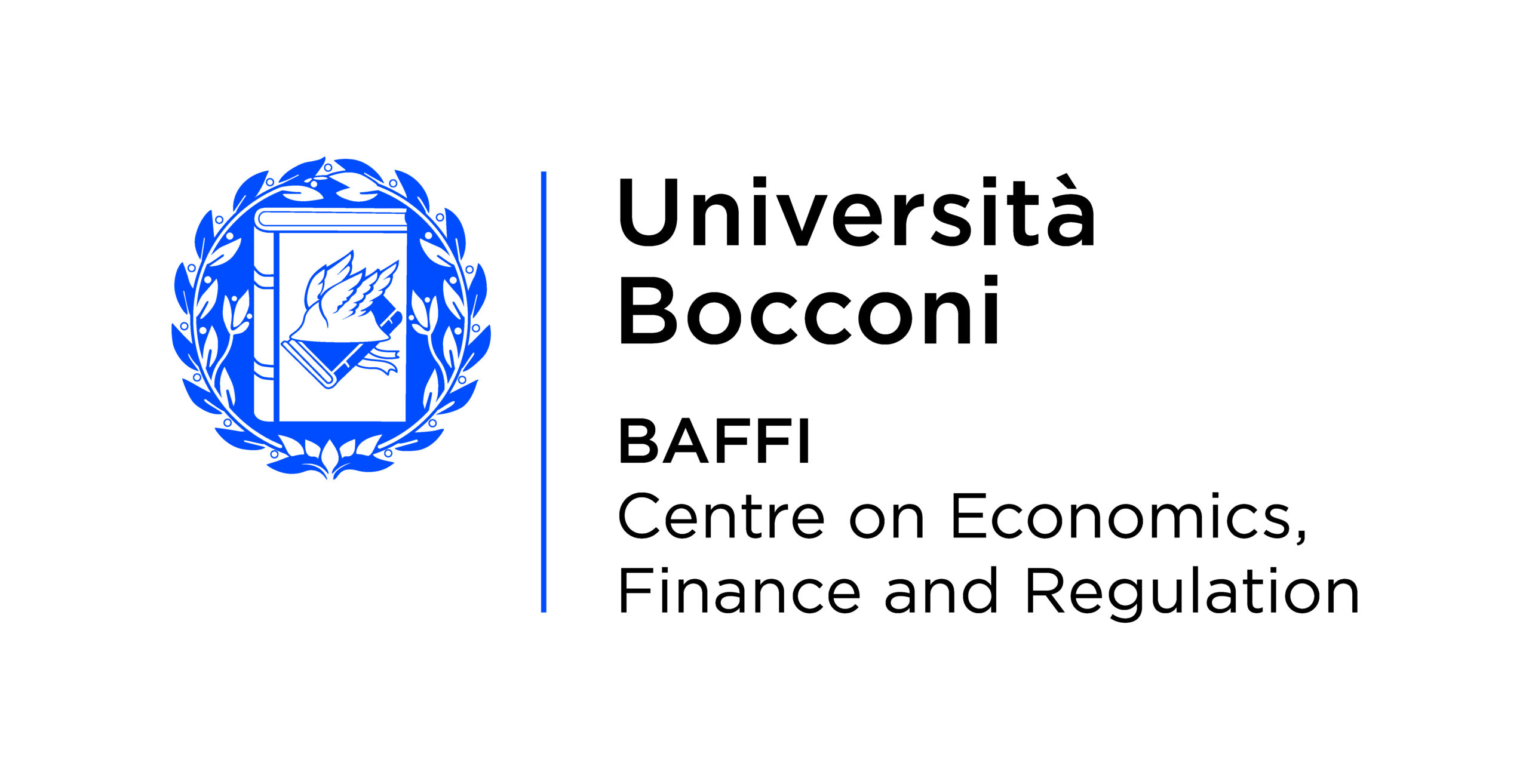

Webex
14:30-16:00 CET

Since the GFC, the scale and scope of central banks’ de iure and de facto responsibilities and actions have ballooned. Repeated large-scale central bank operations to contain financial crises and to calm financial markets, including sovereign bond markets, have blurred the lines between monetary and fiscal policy and bloated central banks’ balance sheets and weakened central banks’ financial positions. Central banks’ proven success in stabilizing markets have raised expectations on what central banks can achieve to stabilize the economy and the financial system, beyond their traditions narrower focus on maintaining price stability. The temporary surge of inflation in the wake of the covid pandemic and surging energy prices following Russia’s invasion in Ukraine have raised criticism that central banks may have been behind the curve in reversing monetary expansion. Recently, populist voices have openly attacked the Fed’s independence, fueling expectations of future inflation and a weaker US dollar. This webinar brings together top international experts to remind us that independent central banks are particularly important in today’s uncertain and shock-prone world. The benefits from independent monetary institutions is more visible in the longer than in the short run. To preserve central bank independence, several components including institutional and personal independence but also central banks sound financial position are key.
Future proofing central banks’ financial strength - Rethinking CBI: Updating Empirics and New Challenges
Stijn Claessens, Yale School of Management presentationCo-authors: Thomas Glaessner, Daniela Klingebiel
Long run inflation: persistence and central bank independence
Davide Romelli, Trinity College Dublin & SUERF Research Affiliate presentationCo-authors: Angelos Athanasopoulos, Donato Masciandaro
‘Central Banking in a Time of Crisis. The Bank of England’ by Rosa Lastra, published by the Wisconsin International Law Journal (WILJ, Vo. 42, No. 2) in 2025 entitled Central Banking in a Time of Crisis: An International & Interdisciplinary Perspective.
Populism and Central Bank Independence Not a Happy Couple?
Prof. Jakob de Haan, University of Groningen, CESifo, SUERFJakob de Haan_presentationCo-authors: Jan-Rgbert, Aline Scheurer